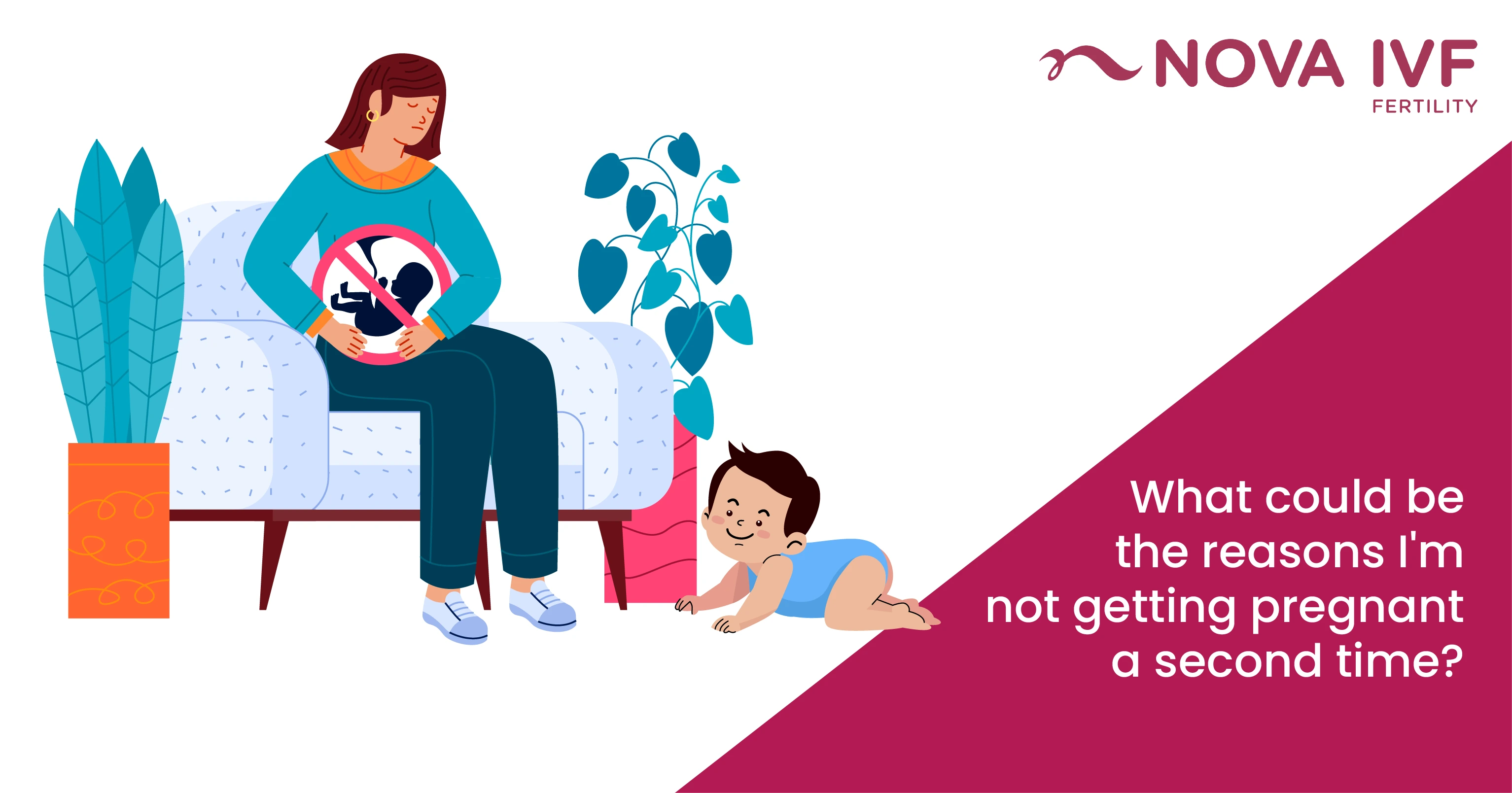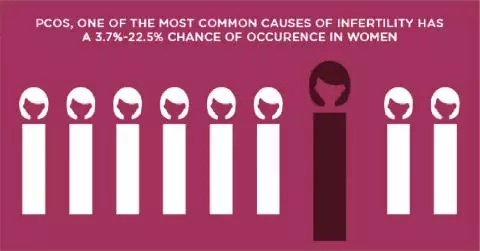Why Am I Not Getting Pregnant for the Second Time?

Planning for a second baby can be a very exciting phase for a couple. Couples generally feel emotionally and physically ready this time around, as they have had adequate experience looking after a baby. Problems in conceiving the second time comes as a surprise to some couples, especially if the first child was conceived without much difficulty or medical assistance.
Secondary infertility is defined as the inability to conceive or carry a pregnancy to full term, the second time. This form of infertility is quite common particularly in women who wait until their late 30’s or early 40’s to have another baby.
Factors That Cause Secondary Infertility
Secondary infertility is caused by factors similar to that of primary infertility. If you have been trying to have a second baby for more than a year and are less than 35 years of age, you could be suffering from secondary infertility. For women over 35 years, trying unsuccessfully for more than 6 months could mean the same.
Male factor infertility can be due to problems with sperm production, function or delivery. Complications in the female reproductive system such as ovulation disorders, uterine conditions, fallopian tube damage, and endometriosis cause infertility. Other factors that lead to infertility in men and women are:
- Unhealthy weight loss or weight gain
- Use of certain medications or chemotherapy treatment
- Blockages caused by fibroids
- Complications in previous pregnancies or surgeries
- Poor diet
- Advanced reproductive age
- Smoking and other unhealthy lifestyle habits.
Possible Solutions
Some couples will be able to conceive with just the help of certain lifestyle changes or medication that improve fertility. For others, Assisted Reproductive Technology (ART) treatments are a viable option. These include:
- Intra Uterine Insemination (IUI)
- In Vitro Fertilization (IVF)
- Intra Cytoplasmic Sperm Injection (ICSI)
- Egg/Sperm Donation
With the constant advancement in reproductive medicine it is very likely that you will be able to find a treatment or option suitable to you. In any case, it is important that you evaluate your problem by consulting a good fertility specialist as early as possible.
 Infertility Counselling
Infertility Counselling Female Infertility Treatment
Female Infertility Treatment Andrology Treatment
Andrology Treatment Fertility Enhancing Surgeries - Female
Fertility Enhancing Surgeries - Female Fertility Enhancing Surgeries - Male
Fertility Enhancing Surgeries - Male Endoscopy Treatment
Endoscopy Treatment IUI Treatment
IUI Treatment IVF Treatment
IVF Treatment ICSI Treatment
ICSI Treatment Advanced IVF Solutions
Advanced IVF Solutions Embryology
Embryology Vitrification Egg, Embryo, Sperm Freezing
Vitrification Egg, Embryo, Sperm Freezing Preimplantation Genetic Testing (PGT)
Preimplantation Genetic Testing (PGT) Donation Program Embryo / Egg / Sperm
Donation Program Embryo / Egg / Sperm Self-cycleTM IVF
Self-cycleTM IVF

 Self-cycleTM IVF
Self-cycleTM IVF










